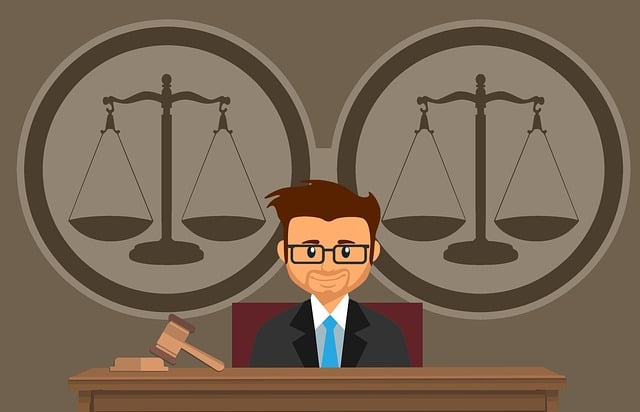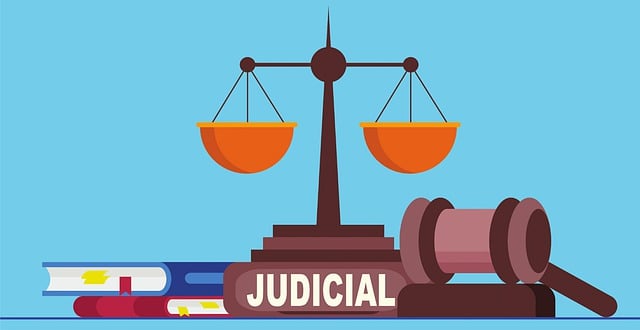Therapy records are essential in wrongful death pain and suffering compensation claims, detailing a victim's mental health history, emotional well-being changes, and treatment plans. These records provide compelling evidence of psychological impacts like mood changes and anxiety levels, crucial for calculating damages from non-physical injuries. They offer an objective view of the client's emotional journey, aiding legal teams to secure fair compensation for long-term psychological effects, such as depression and PTSD, caused by traumatic events. Engaging a specialist auto accident lawyer is vital to navigate insurance disputes effectively using these records, ensuring victims receive redress for economic losses and non-economic damages like loss of companionship.
In the intricate process of compensation claims, especially those involving wrongful death and its profound impact on survivors’ lives, therapy records emerge as invaluable evidence. These records, detailing psychological treatments and patient progress, play a pivotal role in quantifying and presenting the extent of non-physical damages. This article explores how legal professionals can effectively leverage therapy documents to argue for just compensation, focusing on strategies to unearth relevant information and navigate complex litigation processes, particularly concerning wrongful death pain and suffering.
- Understanding Therapy Records: Their Role in Compensation Claims
- The Impact of Wrongful Death Pain and Suffering on Victims' Lives
- Strategies for Effective Use of Therapy Records in Compensation Litigation
Understanding Therapy Records: Their Role in Compensation Claims

Therapy records hold significant value when it comes to suffering compensation claims, especially in cases of wrongful death pain and suffering. These detailed documents provide a comprehensive overview of an individual’s mental health history, capturing changes in emotional well-being, treatment plans, and progress over time. For individuals who have experienced traumatic events like car accidents or slip and fall injuries, therapy records can serve as compelling evidence to support their claim for compensation.
A car accident lawyer or legal professional representing a client in a slip and fall injury case can utilize these records to demonstrate the severity of the psychological impact resulting from the incident. Therapy sessions document changes in mood, anxiety levels, and overall mental health status, which are essential factors when calculating damages for non-physical injuries like pain and suffering. These records provide an objective view of the client’s emotional journey, helping legal teams build a robust case and ensure fair compensation for their client’s distressing experience.
The Impact of Wrongful Death Pain and Suffering on Victims' Lives

The impact of wrongful death pain and suffering on victims’ lives is profound and far-reaching. When a loved one passes away due to another party’s negligence or intentional act, the grieving process is often exacerbated by the physical and emotional trauma associated with the event. Wrongful death pain and suffering encompass not only the immediate shock and sorrow but also long-term psychological effects that can significantly alter an individual’s quality of life. This includes depression, anxiety, post-traumatic stress disorder (PTSD), and other mental health issues that can persist for years after the initial incident.
Furthermore, these claims often involve substantial financial losses, such as medical expenses, lost wages, and diminished earning capacity. The accident settlements in wrongful death claims are designed to provide compensation not only for these economic hardships but also to acknowledge and alleviate the profound non-economic damages, including the loss of companionship, guidance, and support that a victim would have received from their loved one. Engaging an auto accident lawyer specializing in wrongful death claims is crucial for ensuring victims receive fair and adequate redress for both the tangible and intangible losses they endure.
Strategies for Effective Use of Therapy Records in Compensation Litigation

When utilizing therapy records in compensation claims for wrongful death pain and suffering, legal professionals should employ strategic approaches to ensure their effectiveness. First, a thorough review of the patient’s medical history, including any pre-existing conditions, is crucial. This context helps in quantifying the impact of the harm caused by the incident in question. For instance, if an individual with a history of depression seeks therapy after a traumatic event, distinguishing between pre-existing symptoms and those exacerbated by the wrongful act requires careful analysis.
Additionally, presenting a comprehensive picture of the patient’s psychological well-being is essential. Therapy records should highlight changes in behavior, emotional state, and overall mental health post-incident. This may involve documenting improvements or deteriorations in specific areas, such as sleep patterns, social interactions, or ability to manage daily tasks, which are relevant when claiming compensation for serious injuries and pain and suffering. Effective use of these records can facilitate stronger insurance dispute resolution and, in cases of elder abuse, provide compelling evidence of the victim’s mental state and resulting hardships.
In navigating complex compensation claims, especially those involving wrongful death pain and suffering, therapy records stand as invaluable tools. By understanding their role and employing effective strategies for their use, litigators can significantly strengthen cases. These records provide compelling evidence of the emotional distress experienced by victims, underscoring the profound impact on their lives. Through meticulous documentation and analysis, therapy sessions become a symphony of facts that can guide compensation decisions, ensuring justice for those affected by such tragic events.






